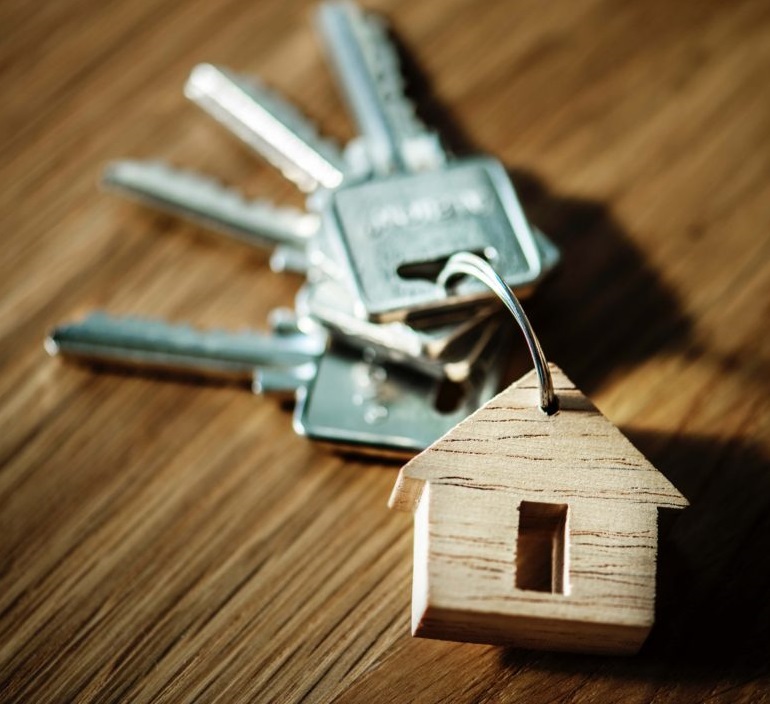Five Financial Responsibilities of a New Homeowner

The costs of owning a house can be overwhelming for new homeowners. Not only will you need to pay down your mortgage, but you'll also need to cover all the day-to-day expenses that keep the house going. It's easy to say, “just pay for it all with a credit card,” but credit cards can turn into a slippery slope that leads you into debt if you're not disciplined. To help keep your budget on track, here are five financial responsibilities you'll need to know about when buying your first home.
1. Your mortgage
Your mortgage will be a significant part of your budget for the next few decades, but that doesn't mean you need to keep paying it for the rest of your life. Many lenders will offer mortgages that have no penalty for early repayment, and removing this large debt from your finances can go a long way toward speeding up your retirement or making other financial goals easier to achieve. Use something like this loan payoff calculator to calculate just what it would take to get your mortgage paid off early and how much you could save by even adding an extra $50 month to your payment.
2. Repairs and renovations
If you've lived in an apartment before then, you've most likely had the luxury of using a Super or in-house maintenance person when something goes wrong in your home. Now that you're the owner, you'll be responsible for repairs to the plumbing, electricity, drywall, appliances, etc. These surprise costs can add up even if you've planned out an upgrade or renovation, so ensure your emergency fund has a healthy amount of money in it to cover the unexpected emergency service call.
3. Property taxes
Depending on your state, you may be required to pay yearly property taxes on your house. These taxes will fluctuate depending on the appraisal value of your home and the needs of your town to make improvements to the schools or infrastructure. If you can pay your taxes in one lump sum, you may save money, but don't shy from using a payment plan if necessary. It's better to spend a few extra bucks for the processing of multiple payments than get hit with the penalties that come with not paying your taxes at all.
4. Utilities and HOA fees
Regular monthly fees like utilities or Home Owner's Association (HOA) fees (if you have them) should be a standard category for your budget. However, once you've been in your home for a year or so, you may be eligible for budget billing options that take the previous year's usage to create a stable monthly payment for the following year.
5. Property maintenance
If your house is on its own land, then you'll be responsible for the ongoing maintenance of that land. Expect to pay for things like lawn care (or a lawnmower and edge trimmer should you DIY it), fence or property line maintenance, snow removal, etc. Check with your municipality for what's expected from you as the homeowner regarding things like the length of grass, leaves, snow, and sidewalk maintenance, or you may be fined if you're not in compliance.
The bottom line
Owning your own home has many advantages but also comes with many new responsibilities. As long as you keep an eye on these five critical expense categories, you can stay on top of your finances and avoid getting into debt.
839GYLCCC1992



Leave a Reply